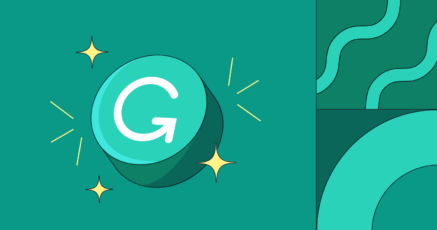Literary Devices - Page 2
 What Is a Zeugma? Definition and ExamplesThe English language is great at recycling words. For example, think about the verb “to lose.” One can lose a pair of car keys,...November 23, 2023
What Is a Zeugma? Definition and ExamplesThe English language is great at recycling words. For example, think about the verb “to lose.” One can lose a pair of car keys,...November 23, 2023 What Is a Foil in Literature?Superheroes need supervillains, idealists need realists, brilliant and eccentric scientists need humble lab assistants. This...November 3, 2023
What Is a Foil in Literature?Superheroes need supervillains, idealists need realists, brilliant and eccentric scientists need humble lab assistants. This...November 3, 2023 What Does “Antagonist” Mean in Literature?Every story needs an antihero, right? After all, without that bad person, there’s nothing standing between the hero and their...October 19, 2023
What Does “Antagonist” Mean in Literature?Every story needs an antihero, right? After all, without that bad person, there’s nothing standing between the hero and their...October 19, 2023 What Is “Consonance”? Definition and Meaning, With ExamplesWhat is consonance in English? It’s the same sounds exercised in succession, like these s sounds from the letters s, x, and c....October 5, 2023
What Is “Consonance”? Definition and Meaning, With ExamplesWhat is consonance in English? It’s the same sounds exercised in succession, like these s sounds from the letters s, x, and c....October 5, 2023 The 12 Steps of the Hero’s JourneyThe hero’s journey is a timeless storytelling pattern found in many works of literature and mythology. It provides a framework...September 29, 2023
The 12 Steps of the Hero’s JourneyThe hero’s journey is a timeless storytelling pattern found in many works of literature and mythology. It provides a framework...September 29, 2023 8 Literary Elements to KnowEvery piece of literature has certain questions baked into it: Who is the story about? What are they doing? Why does it matter?...June 16, 2023
8 Literary Elements to KnowEvery piece of literature has certain questions baked into it: Who is the story about? What are they doing? Why does it matter?...June 16, 2023 Pleonasm: Definition and ExamplesPleonasm means using more words than are necessary. Pleonasm shows up in phrases like “I saw it with my own eyes” (who else’s...May 3, 2023
Pleonasm: Definition and ExamplesPleonasm means using more words than are necessary. Pleonasm shows up in phrases like “I saw it with my own eyes” (who else’s...May 3, 2023 Metonymy: How to Use This Literary DeviceOne mark of a good writer is their ability to keep things brief. Why spend words on simple explanations, when those words could...March 22, 2023
Metonymy: How to Use This Literary DeviceOne mark of a good writer is their ability to keep things brief. Why spend words on simple explanations, when those words could...March 22, 2023 What Is Synecdoche? Definition and ExamplesWhen you tell someone you’re going to “hit the books,” they probably picture you in a library or a study session. When you say...March 15, 2023
What Is Synecdoche? Definition and ExamplesWhen you tell someone you’re going to “hit the books,” they probably picture you in a library or a study session. When you say...March 15, 2023 Hyperbole in Writing: Definition and ExamplesNot to be dramatic, but hyperbole is the best figure of speech ever! It allows writers to exaggerate and amplify writing for...February 9, 2023
Hyperbole in Writing: Definition and ExamplesNot to be dramatic, but hyperbole is the best figure of speech ever! It allows writers to exaggerate and amplify writing for...February 9, 2023